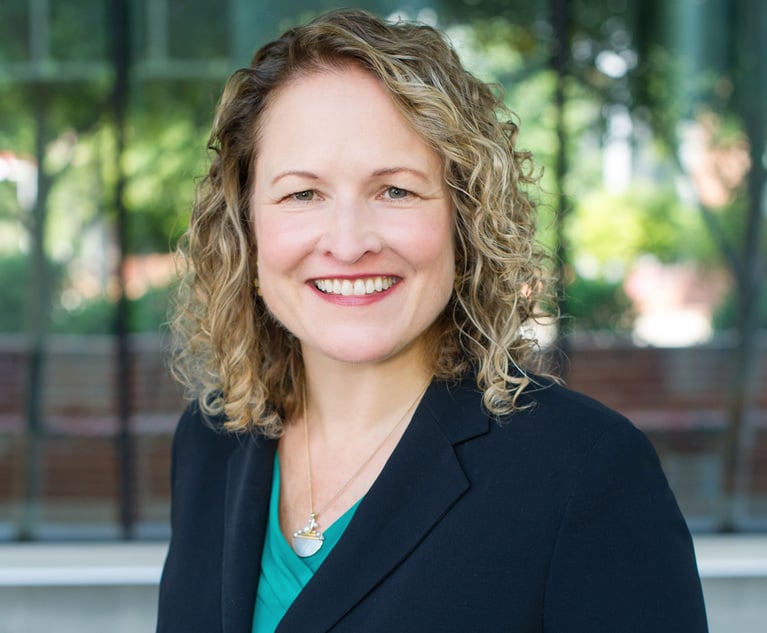LOCKSTEPPIN’ OUT - Jennifer Conway’s recent departure from Cravath, Swaine & Moore is another indication that the upcoming year will continue a frenzy of lateral moves among elite firms. It’s also an indication that ya can’t please everybody. As Law.com’s Christine Simmons and Andrew Maloney report, several legal industry observers predict fallout at firms that have abandoned lockstep, causing some partner exits. Meanwhile, elite firms will use some of their newly available compensation tools to attract talent in 2022. “We’re going to see a little fallout from the firms that recently changed lockstep. As they begin to use the tools to pay people more from others, the others may push back and be resentful or not like what [happens to the culture],” said New York-based Alisa Levin of recruiting firm Greene-Levin-Snyder. “There is no doubt the culture is significantly shaped from the compensation system, and when you change something as dramatic as the comp system, there is going to be fallout.”
RETURN OF REMOTE - Stop me if you’ve heard this one before: federal appeals courts across the country are weighing whether to switch to virtual oral arguments or alter their rules for in-person hearings as the latest COVID-19 variant surges. As Law.com’s Avalon Zoppo reports, the U.S. Court of Appeals for the Federal Circuit and the Seventh Circuit were the first two federal appeals courts to switch back to remote oral arguments amid the omicron spike, but courts elsewhere are still watching to see if operational changes are needed. For example, Chris Wolpert, clerk of court for the Tenth Circuit, said the court is monitoring the situation. It released new mask requirements and building entry restrictions in November. “There are no current plans to change anything related to our January term of court, but given the rapidly developing situation with this new variant it’s a bit early to know whether anything might change before January term,” he said in an email.










